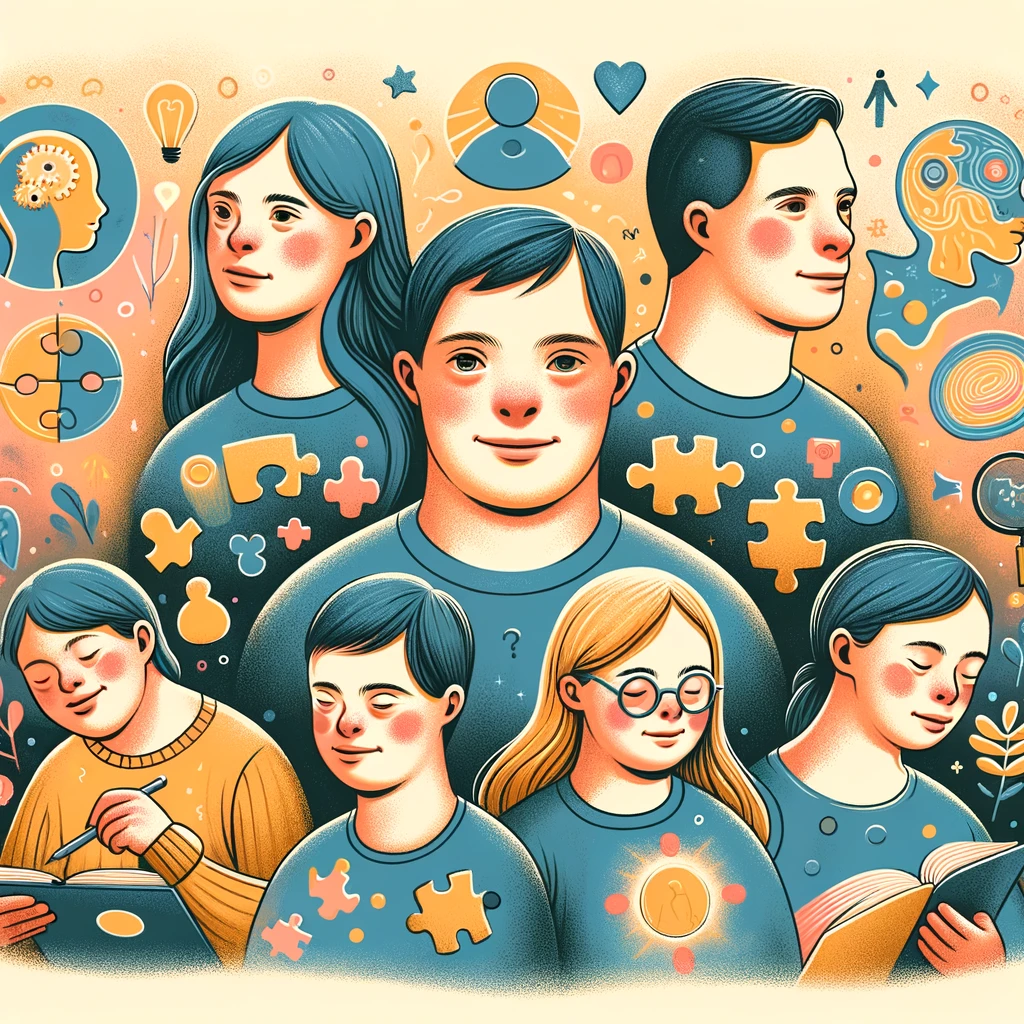Syndrome
Definition
Syndrome refers to a collection of medical signs, symptoms, and/or characteristics that together present a particular abnormality or condition. This term is often used to categorize diseases and disorders that encompass a recognizable set of features.
Parts of Speech
- Noun
Pronunciation
American English
- IPA Pronunciation: /ˈsɪndroʊm/
- Respelling: SIN-drohm (with "SIN" as in "sin" and "drohm" rhyming with "home")
British English
- IPA Pronunciation: /ˈsɪndrəʊm/
- Respelling: SIN-drohm (similar to American English, with "SIN" as in "sin" and "drohm" like in "home")
In both dialects, "syndrome" is pronounced with the primary stress on the first syllable, "SIN." The pronunciation is consistent across both American and British English, with the main difference potentially being in the subtle nuances of the vowel sounds.
Etymology
The word "syndrome" originates from the Greek word "syndromē," which means "concurrence of symptoms, a running together" from syn- "with" + dramein "to run."
Derivatives
- Syndromic (adjective)
- Syndrome-less (adjective)
- Syndrome-like (adjective)
- Post-syndrome (adjective)
- Pre-syndrome (adjective)
Synonyms
- Affliction
- Disorder
- Condition
Antonyms
- None
Usage
The term "syndrome" is predominantly used within the medical community to refer to a cluster of symptoms that are seen together and characterize a particular abnormality or condition. Syndromes are often named after the physician or group who discovered them or initially described the condition in medical literature.
Related Terms
- Disease
- Disorder
- Symptom
- Sign
- Condition
- Diagnosis
Detailed Definition
Noun
- Medical Category: A syndrome is defined as a recognizable complex of symptoms and physical findings which indicate a particular medical condition for which a direct cause is not necessarily understood.
- Example: Down Syndrome is characterized by a set of physical and mental characteristics.
- Pattern or Collection: A syndrome can also refer to a collection or pattern of behavior that groups together a range of related traits, habits, or acts.
- Example: Imposter Syndrome refers to a pattern of behavior where individuals doubt their accomplishments and have a persistent, often internalized fear of being exposed as a "fraud."
syndrome



🇨🇳 Mandarin
- 综合症
- IPA Pronunciation: /tsʊŋ˥˩ xaːn˨˩˦ ʈʂəŋ˥˩/
- Respelling: zōnghézhèng
🇮🇳 Hindi
- सिंड्रोम
- IPA Pronunciation: /sɪnd̪roːm/
- Respelling: sindrom
🇪🇸 Spanish
- síndrome
- IPA Pronunciation: /ˈsindrome/
- Respelling: síndrome
🇫🇷 French
- syndrome
- IPA Pronunciation: /sɛ̃dʁom/
- Respelling: syndrome
🇸🇦 Modern Standard Arabic
- مُتَلازِمَة
- IPA Pronunciation: /mutaˈlaːzima/
- Respelling: mutalāzima
🇧🇩 Bengali
- সিন্ড্রোম
- IPA Pronunciation: /ʃɪndrom/
- Respelling: śindrom
🇷🇺 Russian
- синдром
- IPA Pronunciation: /sʲɪnˈdrom/
- Respelling: sindrom
🇵🇹 Portuguese
- síndrome
- IPA Pronunciation: /ˈsĩdɾumɨ/
- Respelling: síndrome
🇮🇩 Indonesian
- sindrom
- IPA Pronunciation: /sindrom/
- Respelling: sindrom
🇩🇪 German
- Syndrom
- IPA Pronunciation: /ˈzʏndroːm/
- Respelling: Syndrom
🇯🇵 Japanese
- 症候群
- IPA Pronunciation: /ʃoːkoːɡun/
- Respelling: shōkōgun
🇻🇳 Vietnamese
- hội chứng
- IPA Pronunciation: /hwej ʈʂəːŋ˧/
- Respelling: hội chứng
🇰🇷 Korean
- 증후군
- IPA Pronunciation: /t͡ɕʌŋ.hu.ɡun/
- Respelling: jeung-hu-gun
🇹🇷 Turkish
- sendrom
- IPA Pronunciation: /ˈsendrom/
- Respelling: sendrom
🇵🇰 Urdu
- سنڈروم
- IPA Pronunciation: /sɪnd̪roːm/
- Respelling: sindrom





